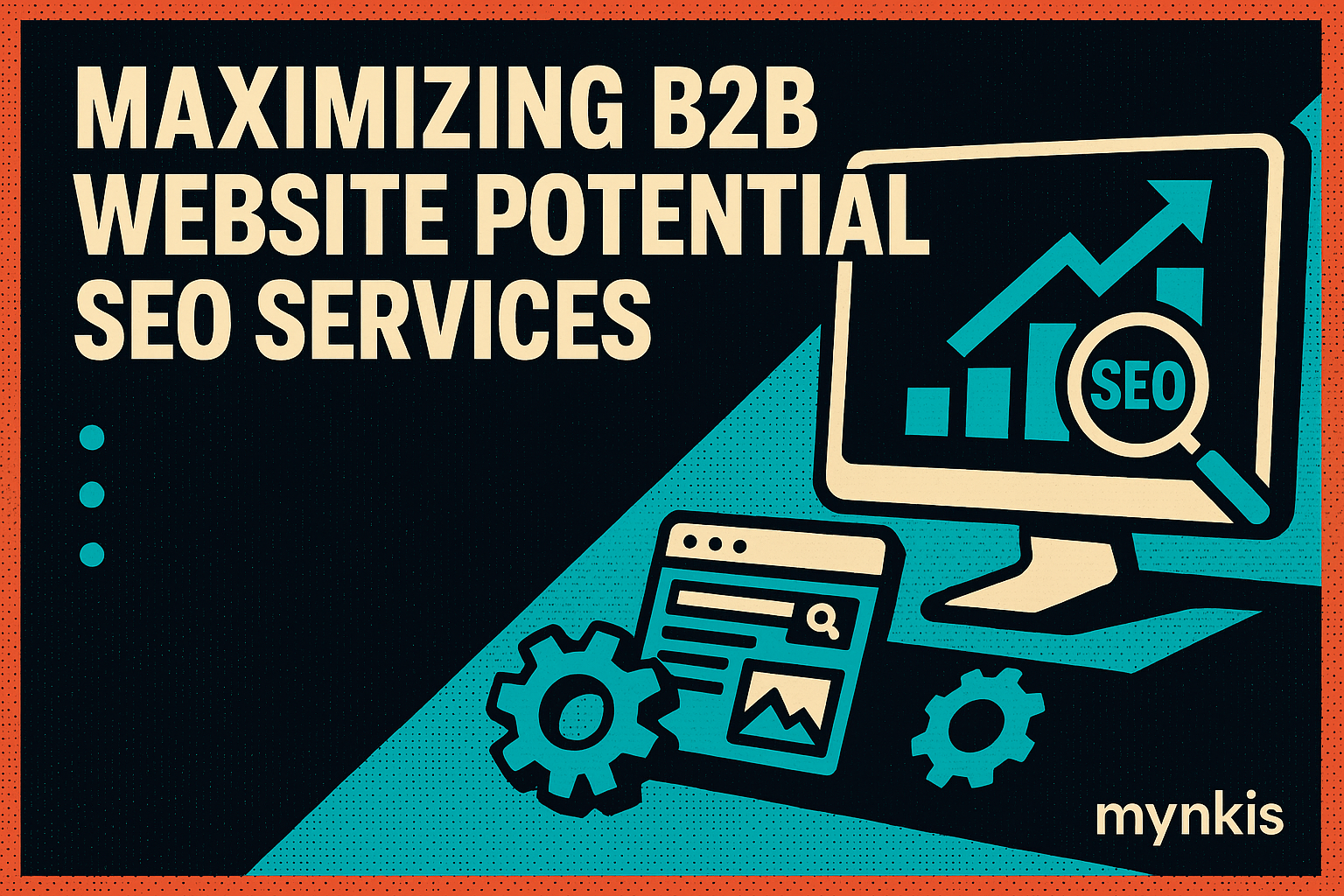Schedule a Demo
SEO isn't just about getting more traffic; it's about bringing the right kind of traffic to your B2B website. In my work with firms seeking to boost their lead generation, I've seen how tailored SEO strategies can dramatically shift the quality of leads. From optimizing for specific industry keywords to crafting content that speaks directly to the pain points of potential clients, SEO transforms your digital presence into a lead generation machine.
The first step in any SEO strategy should be a thorough understanding of your target market. For B2B, this means identifying the keywords that your potential clients are searching for. Tools like Google's Keyword Planner or SEMrush can give you insights into these terms, but understanding the context behind these searches—why people are searching, and what solutions they're looking for—is crucial.
On-page SEO involves optimizing every page of your site to ensure search engines can understand and rank them effectively. This includes using header tags correctly (
Producing content that ranks well involves balancing quality and relevance. It's not enough to simply fill your site with keywords; the content must provide value to your reader. A well-executed content strategy should include thought leadership articles, case studies demonstrating your success, and perhaps even a blog section that tackles industry trends and insights, driving both engagement and SEO performance.
Technical SEO focuses on the nuts and bolts of your website's structure. Ensuring your site is mobile-friendly, has a fast load time, and utilizes structured data can dramatically affect your SEO. According to Google's Search Essentials, these technical aspects can directly impact your search rankings, making it essential for any B2B website looking to maximize its potential.
While on-page and technical SEO directly affect your website, off-page SEO contributes to your site's authority and trustworthiness. Backlinks from reputable sources within your industry act as a vote of confidence in your content. In my experience working with B2B companies, a strategy that includes guest blogging on industry-leading websites or collaborating on reports and white papers can significantly boost off-page SEO.
For firms utilizing automation software, integrating SEO practices can streamline your lead generation efforts. Tools like SEO plugins or platforms that track SEO performance can automate many of the processes associated with maintaining an effective SEO strategy. This integration allows your business to focus on what it does best while ensuring your website continues to climb in search rankings.
SEO's role in lead generation for B2B websites cannot be overstated. By focusing on long-tail keywords, you're able to attract not just any visitors, but those actively seeking the solutions you offer. Through analytics, we've found that leads generated via SEO have a higher conversion rate compared to other forms of digital marketing, highlighting the importance of a robust SEO strategy.
The landscape of SEO is constantly shifting. Regular SEO audits are crucial to keep your strategy relevant and effective. An audit might reveal new keywords to target, areas where you can improve user experience, or even technical issues that, once addressed, can unlock new levels of performance. It's a proactive approach that pays off in sustainable search engine rankings.
SEO is not a set-and-forget aspect of your business. Staying informed about the latest algorithms updates from Google and Bing, new SEO tools, and best practices is paramount. Drawing from well-regarded sources like Moz's blog or Search Engine Journal, businesses can adapt their strategies to remain competitive in the ever-evolving world of search engine optimization.
While the promise of SEO is compelling, there are pitfalls to avoid. Over-optimization—stuffing your content with too many keywords—can lead to penalties. Ensuring that your SEO strategy is organic and aligns with current best practices is key. Transparency in how you approach SEO will build trust with your audience and with search engines.
For firms needing integration and automation, SEO plays a crucial role in connecting all elements of your digital ecosystem. Whether it's integrating CRM systems to track leads from SEO initiatives or using automation tools to post new content regularly, aligning your SEO with other business operations maximizes your investment and efficiency.
Every business is unique, and so are their SEO needs. Customized solutions that take into account your specific industry, target audience, and business goals can ensure your SEO strategy is as effective as possible. Based on extensive experience with B2B firms, tailoring your approach means higher engagement and better lead generation.
Key Performance Indicators (KPIs) for SEO in the B2B space include organic traffic growth, keyword ranking improvements, conversion rates from organic search, and the quality of leads generated. Tracking these metrics over time provides valuable insights into the effectiveness of your SEO efforts and guides future optimizations.
